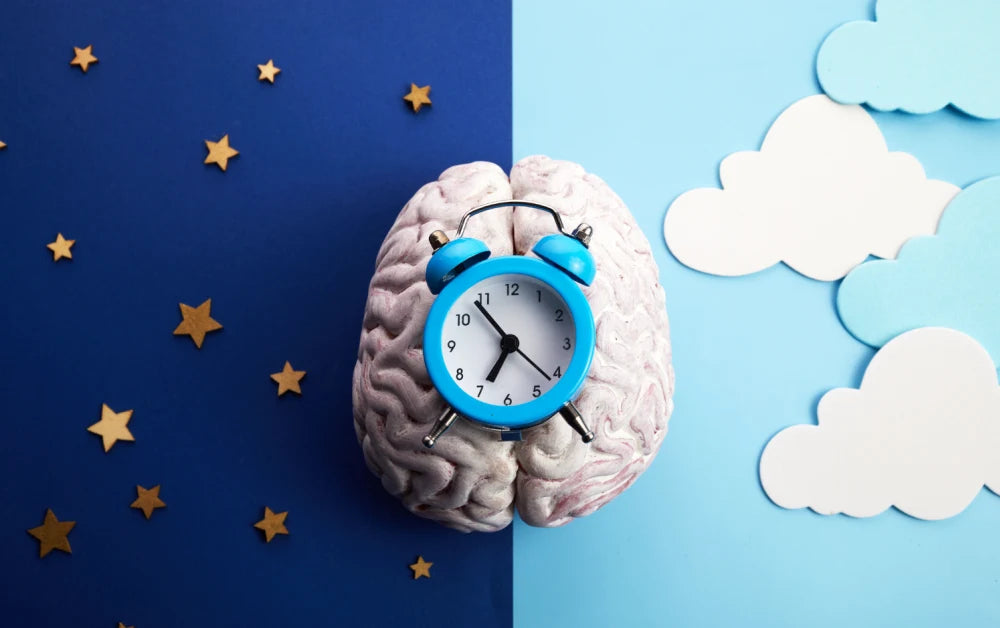Circadian rhythms; What are they and How do They Affect Your Sleep?
You may have heard a doctor or friend talk about following the body’s natural circadian rhythms – but what does that actually mean? Here we will give a brief overview of the circadian rhythms and what you can do to tap into them and get your best sleep.
Understanding circadian rhythms
To put it simply, circadian rhythms are the natural cycles of the body.
In humans, the body follows a specific pattern each day. Various physical, mental, and even emotional changes take place throughout the day in response to the natural environment. For the most part, these changes happen as the body responds to light and darkness.
Do circadian cycles affect the body?
Circadian cycles actually affect the body in a big way. Circadian rhythms may affect a number of body functions, such as our:
- Hormones
- Eating habits
- Sleep cycle
- Digestion
- Body temperature
What is the natural circadian cycle?
Our natural circadian cycle tends to follow the sun.
As the sun rises and our eyes start to see more light, our brain triggers the rest of the body to start the waking up process. The process is gradual for the most part, which is why it may seem like it takes a few hours to really get going in the morning.
When the sun is high in the sky and our eyes experience the most light, we tend to feel more energized and ready for new tasks.
Then, as the sun sets and the natural world gets darker, our body starts to prepare for night and sleep. The darkness helps the body know it is time to wind down, leading to the point when you feel tired and have to sleep.
The rhythm brings your natural energy levels down to a low in the middle of the night. This may be why when you get up to use the bathroom in the middle of the night it is so easy to go back to sleep, but when you get up in the morning when the sun is already out, it gets harder to fall back asleep.
Keeping with these natural rhythms helps the body stay healthy and balanced.
Keeping with the tides of nature
In the modern world, this is much easier said than done. Electricity keeps the lights on at all hours of the night, and our eyes see light from computers, televisions, and phones right up until we are ready for bed.
The problem is that the eyes don’t know the difference between these lights and sunlight, so they send signals to the brain as if they are seeing sunlight – even if it is midnight. The result can be a confused body/brain system that has trouble getting to sleep or staying asleep, and may leave you feeling groggy during the day.
Over time this may even lead to more serious issues such as reducing sleep quality or lack of sleep!
The best idea is to keep with the natural rhythms of both the body and nature, and some basic tips may get you there, such as:
- Set a time when you wake every day. This helps the body build its natural rhythms around that time.
- Avoid too much light at night, such as bright office lights or kitchen lights
- Reduce the amount of time you spend in front of a computer or other screen, especially before bed.
- Set a “wind down alarm” one hour before bed and try not to expose your eyes to too much light during this time.
These simple tips may not seem like much, but they may do wonders for your sleep quality.
Of course, there is no tip that will help you get better sleep if you aren’t on the right mattress.
If you are near one of our locations in the Oklahoma area, come by Mattress King. We can’t fix your circadian cycle for you, but we can help you find a bed that dreams are made of.

